When it comes to enhancing your Ford F150’s hauling capabilities, a dump trailer is one of the best investments you can make. However, selecting the ideal size dump trailer requires a deep understanding of your truck’s specifications, your hauling needs, and various factors such as weight limit, load size, and intended use. In this guide, we will dissect the essential elements to help you determine the perfect dump trailer size for your F150 while considering the intricacies of functionality, compatibility, and practicality.
Understanding the Ford F150 Specifications
Before diving into dump trailer sizes, let’s start by examining the critical specifications of the Ford F150 that influence your choice. The F150 is known for its excellent towing capacity and payload capacity, which can vary significantly based on the engine type and configuration.
| F150 Model Year | Engine Types | Max Towing Capacity | Max Payload Capacity |
|---|---|---|---|
| 2015-2020 | 2.7L EcoBoost, 5.0L V8, 3.5L EcoBoost | Up to 13,200 lbs | Up to 3,270 lbs |
| 2021-Present | 3.5L EcoBoost, 5.0L V8, 3.3L V6 | Up to 14,000 lbs | Up to 3,325 lbs |
Payload vs. Towing Capacity
Understanding the difference between payload and towing capacity is crucial:
Towing Capacity: This refers to how much weight your F150 can safely pull behind it. This includes the weight of the trailer plus the load.
Payload Capacity: This indicates the maximum weight that can be carried within the truck bed or trailer. It’s essential to consider both when choosing your dump trailer.
With this knowledge under your belt, you can more accurately gauge the size and weight limit for your dump trailer.
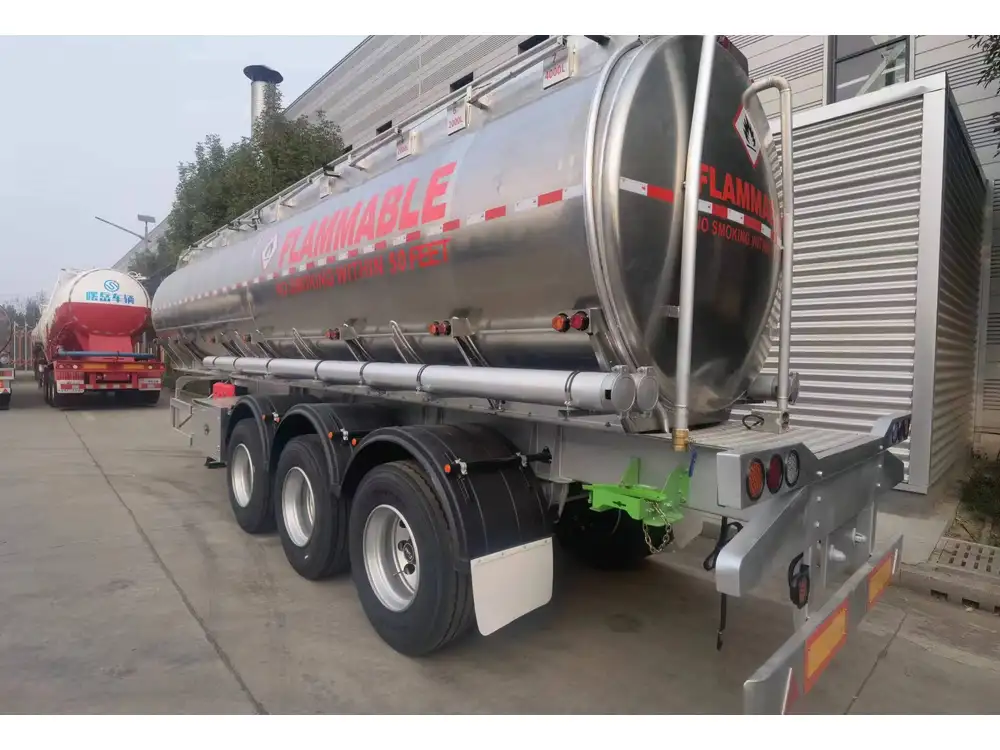
Selecting the Right Size Dump Trailer
Typically, dump trailers come in various sizes and weight capacities. For your Ford F150, it’s paramount to select a dump trailer that complements your vehicle’s specifications without exceeding them. Here’s a breakdown of the different dump trailer sizes and which might suit your F150 best.
Smaller Dump Trailers (5×8 to 6×10)
Description: Ranging from 5 to 6 feet in width and 8 to 10 feet in length, these models are designed for light-duty tasks.
Features:
- Weight Capacity: Typically around 2,000 to 6,000 lbs.
- Best For: Yard debris, mulch, small construction materials.
Suitability for F150: These sizes are excellent for homeowners or small businesses needing to haul light materials. If your primary work involves transporting landscaping supplies or light debris, a smaller trailer will match well with your F150’s capabilities.
Medium Dump Trailers (6×12 to 7×14)
Description: A medium-sized dump trailer provides additional space while maintaining a manageable weight.
Features:
- Weight Capacity: Usually between 6,000 and 10,000 lbs.
- Best For: Light construction work, bulk materials like gravel and sand.
Suitability for F150: Most F150 configurations can manage medium dump trailers, especially those with higher payload capacity. When engaging in moderate construction work, this size will offer a balance of capacity and compatibility.
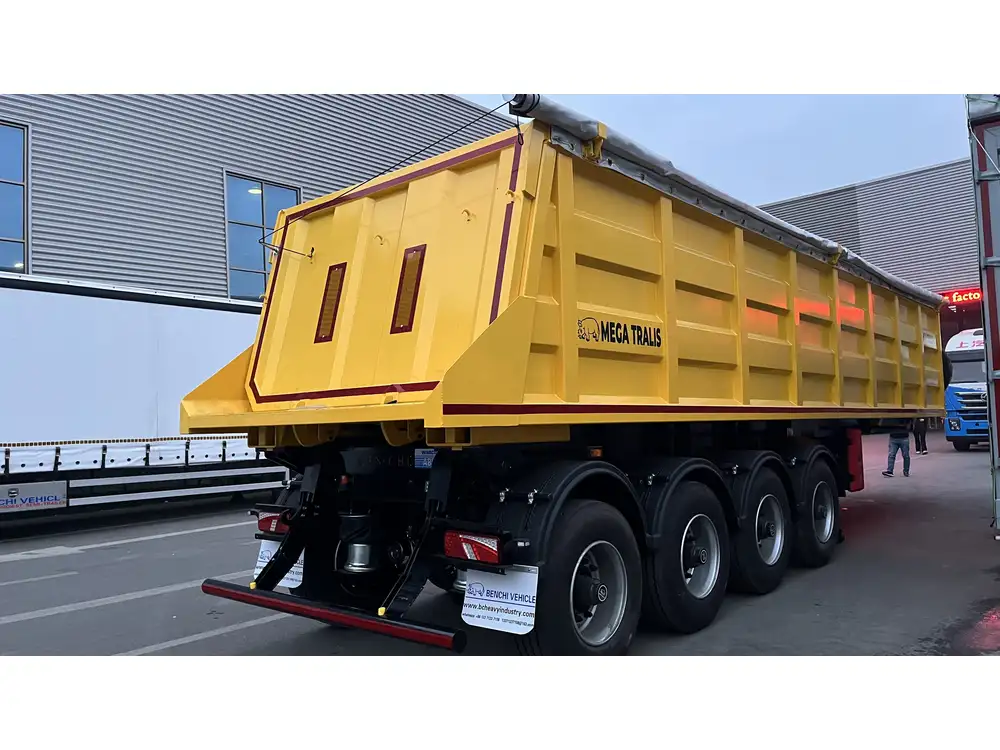
Larger Dump Trailers (7×16+)
Description: These are robust options that can handle extensive hauling needs and heavier loads.
Features:
- Weight Capacity: Ranges from 10,000 lbs to over 14,000 lbs depending on the built and axles included.
- Best For: Heavy-duty construction, excavation materials.
Suitability for F150: While these trailers have the capacity to carry substantial weight, most F150 models may struggle unless specifically equipped. It’s critical to check your F150’s towing and payload capacities first, as exceeding these can lead to safety hazards and vehicle damage.
Factors to Consider When Choosing a Dump Trailer
In addition to the dimensions and weight capacities, several factors can influence your overall purchasing decision. Understanding these elements will help you make a more informed choice:
1. Usage
Clarifying your intended use for the dump trailer will provide insights into the size and type needed. Will you mostly transport landscaping materials, or are you looking at construction debris hauling? The more clarity you have on usage, the better your decision-making will be.
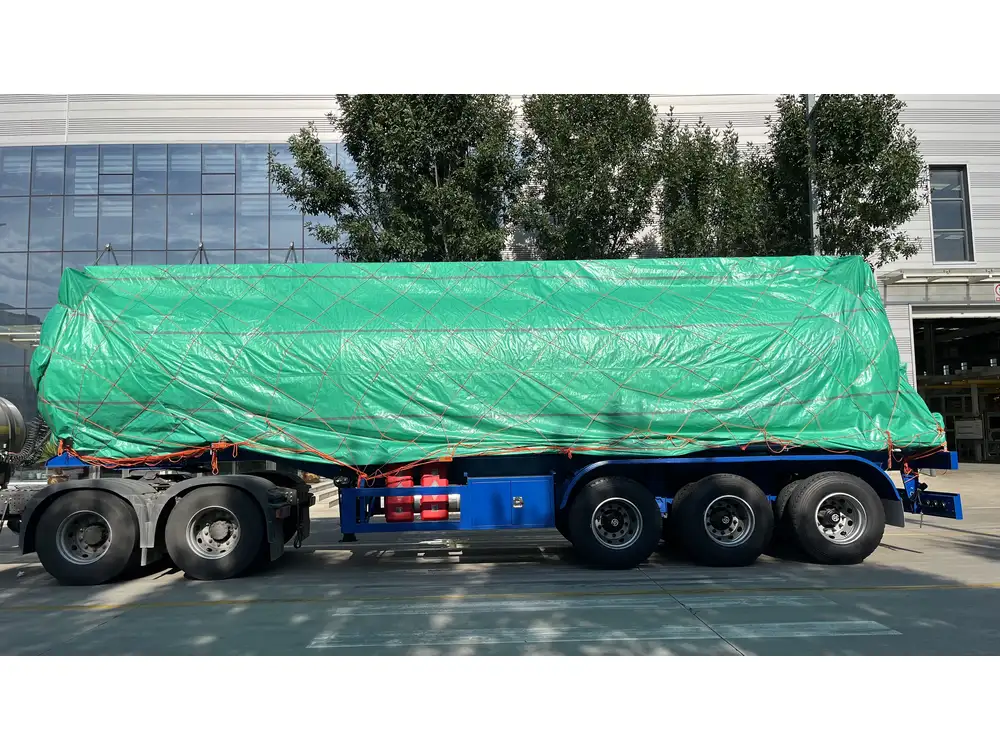
2. Terrain
If you plan on using the trailer on rugged terrains or off-road, you might require a sturdier design with heavy-duty construction. This could influence the weight and dimensions of the trailer you’ll need.
3. Compatibility with Accessories
Consider the assortment of accessories available for your dump trailer. Adding features like hydraulic lifts or sides can drastically affect the overall weight and distribution of the trailer. Ensure your F150 has the appropriate configurations to support these accessories.
Calculating the Weight of Your Load
When you’re familiar with your F150’s torque and towing configurations, the next step is to accurately estimate the weight of your intended load. Using a scale or basic weight calculations can help ensure you make an informed choice and maintain safety.
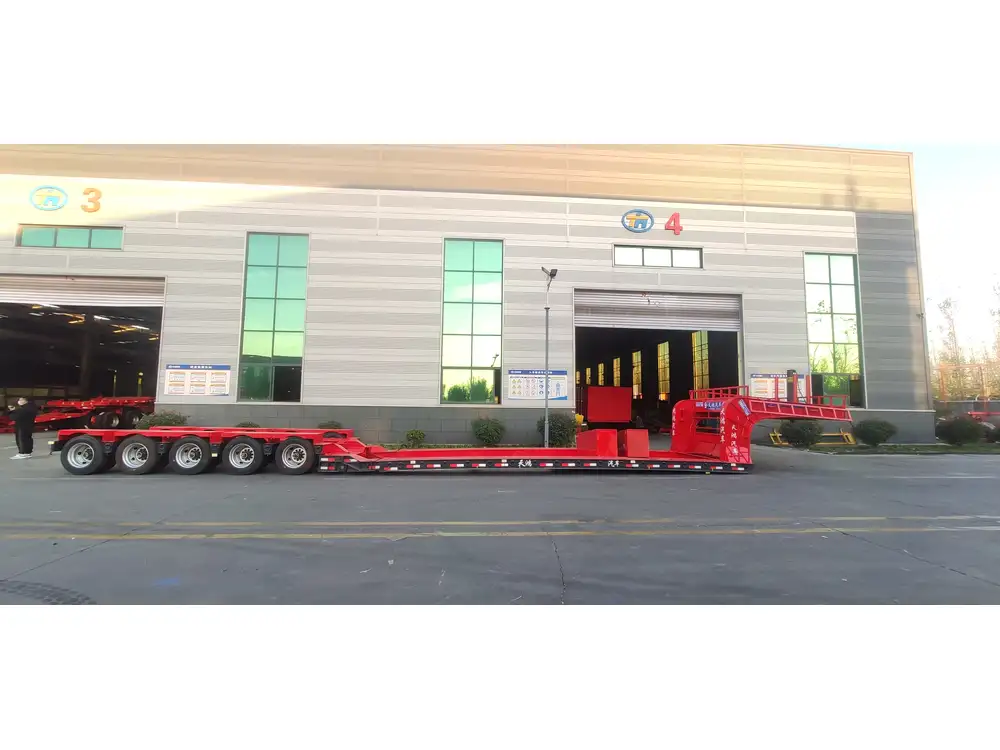
Basic Calculation Guide:
- Determine the Weight of the Load: Use a scale or refer to material weight guides.
- Add the Weight of the Trailer: Research your chosen dump trailer’s specifications.
- Compare Total Weight to the F150’s Capacity: Ensure that the total weight does not exceed your truck’s capabilities.
| Load Type | Estimated Weight (lbs) |
|---|---|
| Soil | 1,000 – 2,000 |
| Gravel | 1,500 – 3,000 |
| Yard Waste | 800 – 1,500 |
| Construction Debris | 2,000 – 4,000 |
Benefits of Dump Trailers
Investing in a dump trailer can significantly enhance your F150’s functionality and overall utility. Here are some noteworthy benefits:
1. Versatility
Dump trailers can handle various types of loads, making them ideal for homeowners, contractors, and landscapers alike.

2. Enhanced Efficiency
Equipped with hydraulic systems, dump trailers provide faster offloading capabilities, saving time during labor-intensive tasks.
3. Increased Load Volume
Compared to standard utility trailers, dump trailers typically offer more volume, making them suitable for bulk transport.
4. Durability
A well-constructed dump trailer is built to endure heavy loads and withstand harsh conditions, thus offering a good long-term investment.

Potential Drawbacks of Dump Trailers
While the advantages of dump trailers are compelling, it’s important to consider potential drawbacks:
1. Weight
Heavy-duty dump trailers can add substantial weight to your towing capacity, which can be taxing for certain F150 models.
2. Cost
The price of acquiring a quality dump trailer can vary, and larger trailers tend to be on the more expensive side.
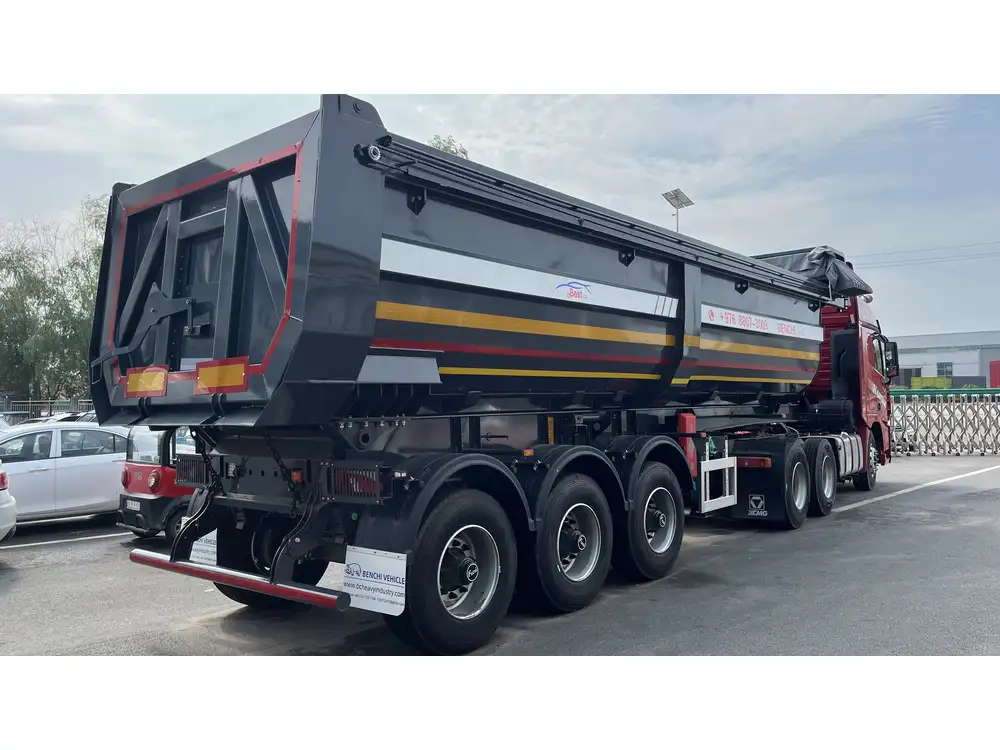
3. Storage Space
Dump trailers can require significant space to store when not in use, which might not be practical for all homeowners.
Making Your Final Decision
An informed decision on the optimal dump trailer size for your Ford F150 will not only enhance your hauling capabilities but also contribute to cost-effective and efficient usage in the long run. Take the time to analyze your usage needs, consult your F150 specifications, and ensure the trailer reflects your requirements without compromising on safety or functionality.
Recommendations:
- For Light Usage: Look for 5×8 to 6×10 trailers for tasks like landscaping.
- For Moderate Usage: Consider dual-axle 6×12 to 7×14 trailers for construction materials.
- For Heavy Usage: Ensure compatibility with 7×16+ trailers, but check your truck’s specifications rigorously.
By employing these insights, your investment in a dump trailer will offer substantial returns in terms of productivity, efficiency, and versatility with your Ford F150. The relationship between the right trailer size and your truck’s capacity cannot be overstated; it’s essential for maximum performance and safety.



